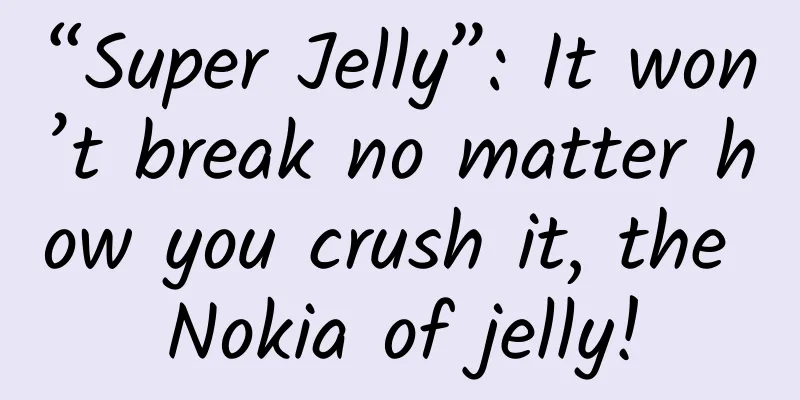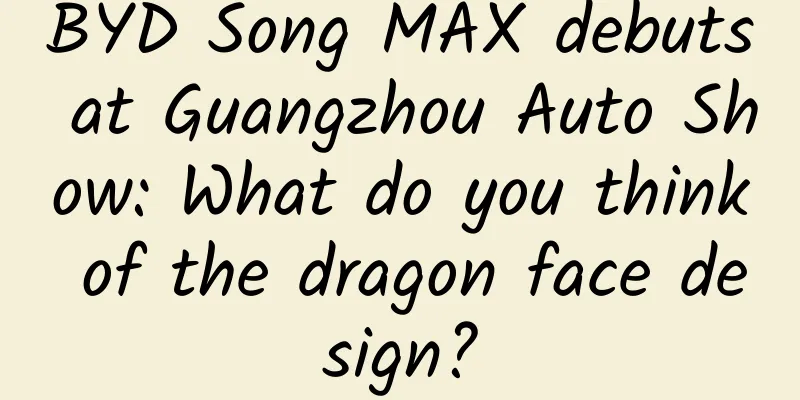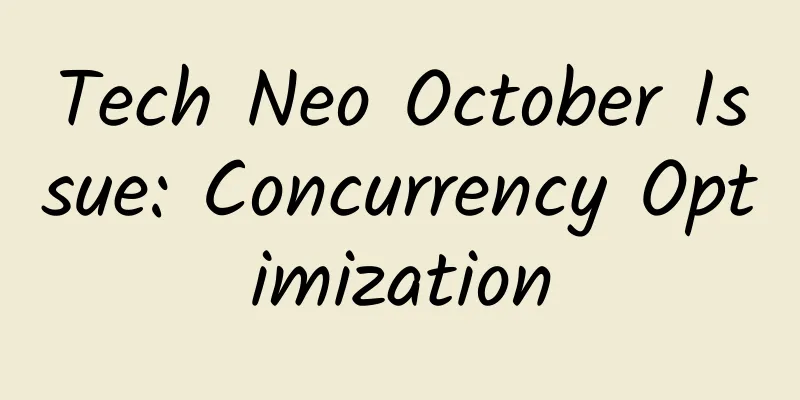A study of 150,000 apps found that the Android system is as secure as nothing

|
Recently, a study from Ohio State University, New York University and the Helmholtz Center for Information Security showed that thousands of Android apps have hidden backdoors, posing security risks. The sample for this study is massive, including 100,000 of the most popular apps on Google Play, 20,000 apps from Baidu Store, and 30,000 apps pre-installed on Samsung phones, totaling 150,000 apps. The study found that among these 150,000 apps, as many as 13,000 apps have backdoors that can secretly access keys and master passwords. In addition, 4,000 apps have blacklist systems. The study showed that 7% of Google Play Store apps showed the presence of backdoors, while 5.3% of Baidu Store apps had backdoors. The researchers also selected 30 apps with more than 1 million installations and found that one of them allowed remote login. In other words, a considerable number of Android apps pose security risks, not to mention the common problem of abuse of permissions. However, Google is not indifferent. Google Play is ruthless towards malware and will remove it as soon as it is found. Google also continues to add a one-time permission design in new Android versions, such as Android 11, which allows users to authorize certain permissions of APP (such as location, phone calls, etc.) at a time.
|
<<: What technologies does Alibaba have in its Flutter system construction?
>>: Apple pushes iOS 13.4.1 update to fix FaceTime call issues
Recommend
How to get "Apple Recommended" for a good game? There is a routine
It goes without saying that "Apple Recommend...
Liu Yao video collection (17 sets 138.39G)
Liu Yao video collection (17 sets 138.39G) Resour...
Tired of chicken soup? Try a bowl of "Dong Ying Gong" soup.
[[153975]] Recently, the cold wave in the capital...
A comparison of the photography features of Redmi 1S, Honor 3C and Redmi Youth Edition
Among the popular mobile phones on the Internet, ...
Website advertising keywords decline and solutions!
Most of the friends who have websites are individ...
Make good use of the life-saving device AED and win the “golden 4 minutes”!
With the development and progress of society, man...
Can we still happily use public free Wi-Fi?
Recently, I have seen many reports saying that fr...
The formula for hit products created by internet celebrities!
Li Ziqi became popular on YouTube. This is not cu...
60 yuan per piece, exported to Dubai! Some people can show off a bowl of it by dipping it in soy sauce...
Entering June, it is the season for eating bayber...
Why is the volume dropping? Five factors that make APP promotion difficult!
Many CP friends who do channel (especially third-p...
How much does it cost to develop a chemical industry mini program in Linxia?
How much does it cost to be an agent of Linxia Ch...
How to understand user psychology and play the price game?
JD.com once had a female vice president who worke...
New iPhone will upgrade fingerprint module: less mistakes and more secure
On the morning of February 11, 2015, KGI Securiti...
Adding more oil to stir-fried carrots will help nutrients be better absorbed?
Carrots are a nutritious vegetable. The carotenoi...
Why do doctors in operating rooms wear green coats instead of white coats?
Yesterday, when I was surfing the Internet out of...









